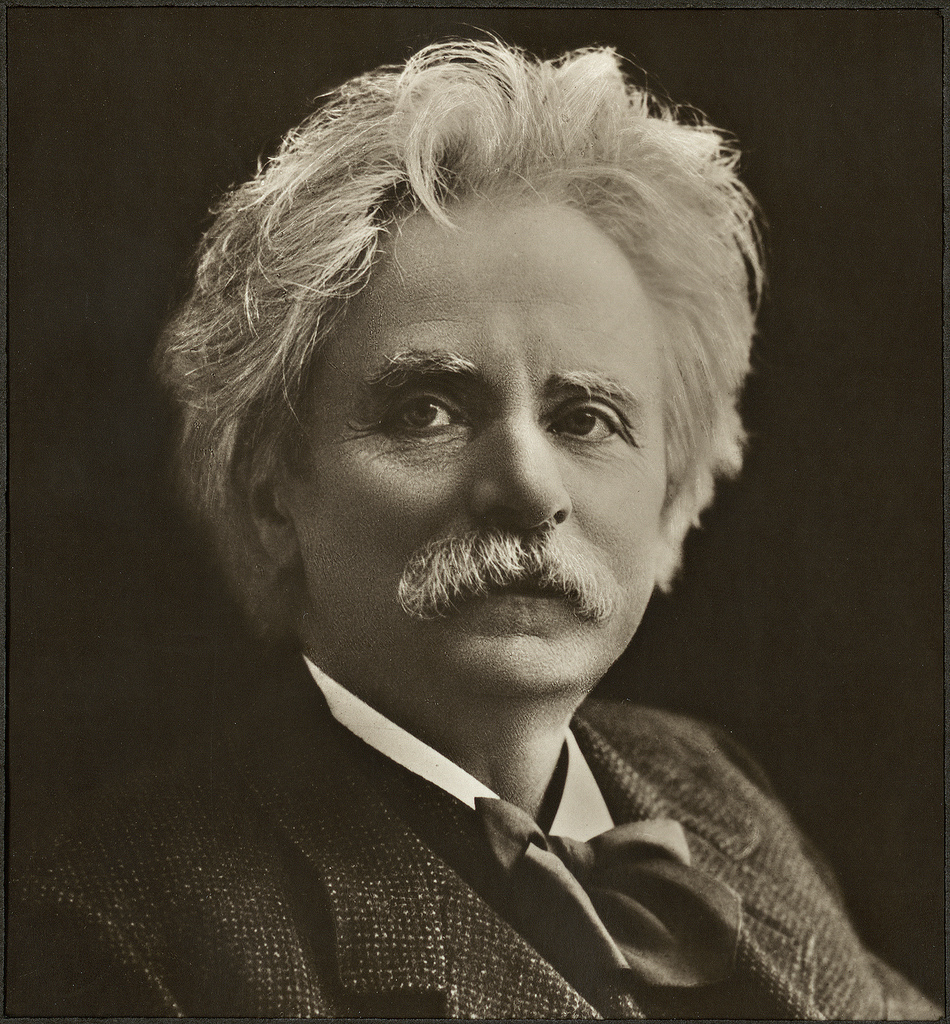 For best user experience, please use Google Chrome.
For best user experience, please use Google Chrome.← Back

About Edvard Grieg
Edvard Hagerup Grieg ( 15 June 1843 – 4 September 1907) was a Norwegian composer and pianist. He is widely considered one of the leading Romantic era composers, and his music is part of the standard classical repertoire worldwide. His use and development of Norwegian folk music in his own compositions put the music of Norway in the international spectrum, as well as helping to develop a national identity, much as Jean Sibelius and Antonín Dvořák did in Finland and Bohemia, respectively. Grieg is regarded as simultaneously nationalistic and cosmopolitan in his orientation, for although born in Bergen and buried there, he traveled widely throughout Europe, and considered his music to express both the beauty of Norwegian rural life and the culture of Europe as a whole. He is the most celebrated person from the city of Bergen, with numerous statues depicting his image, and many cultural entities named after him: the city's largest concert building (Grieg Hall), its most advanced music school (Grieg Academy), its professional choir (Edvard Grieg Kor), and even some private companies that include its largest hotel (Quality Hotel Edvard Grieg), and a music technology developer (Grieg Music). The Edvard Grieg Museum in Troldhaugen (Grieg's former home in Bergen) is dedicated to his legacy.
